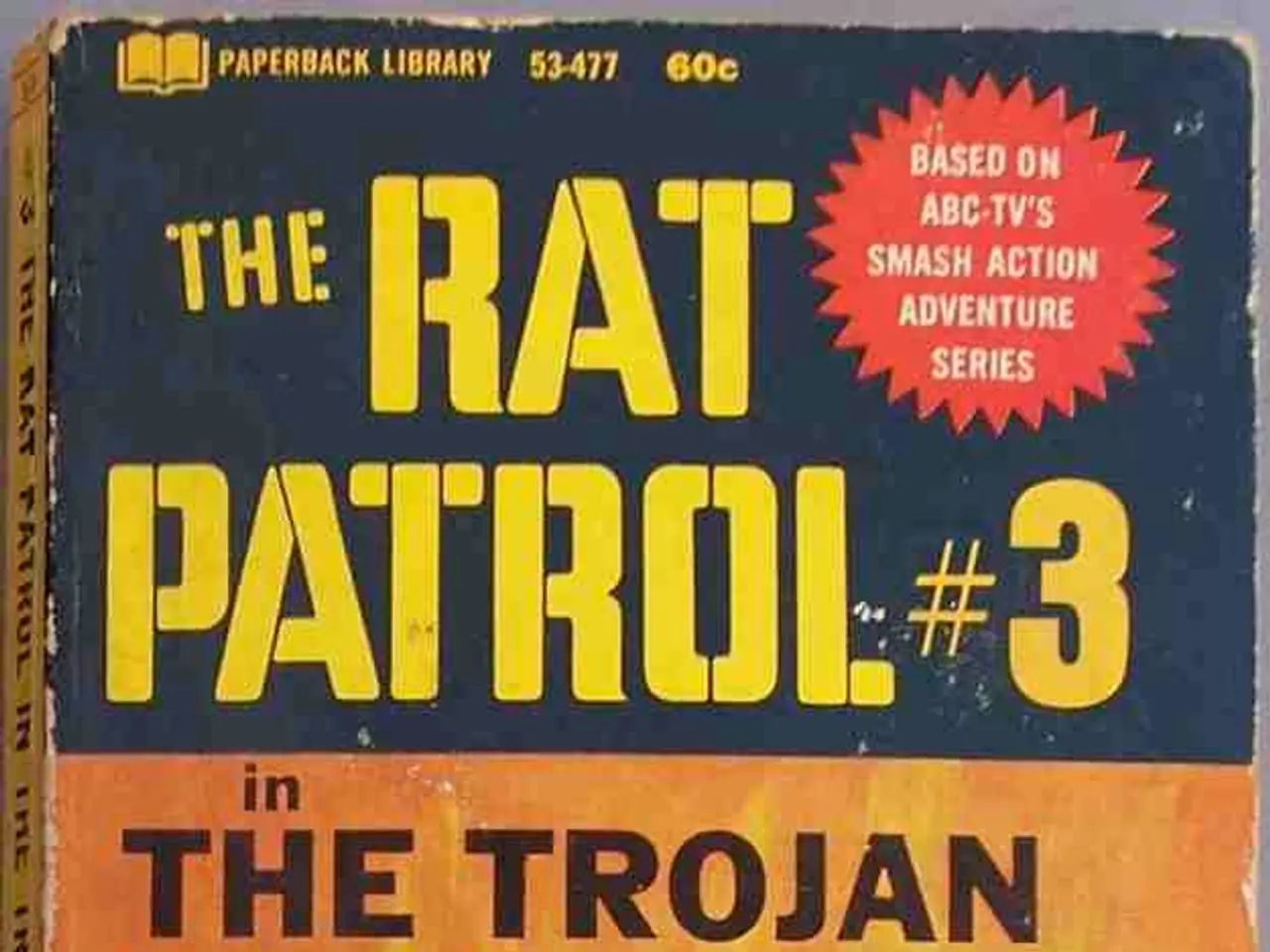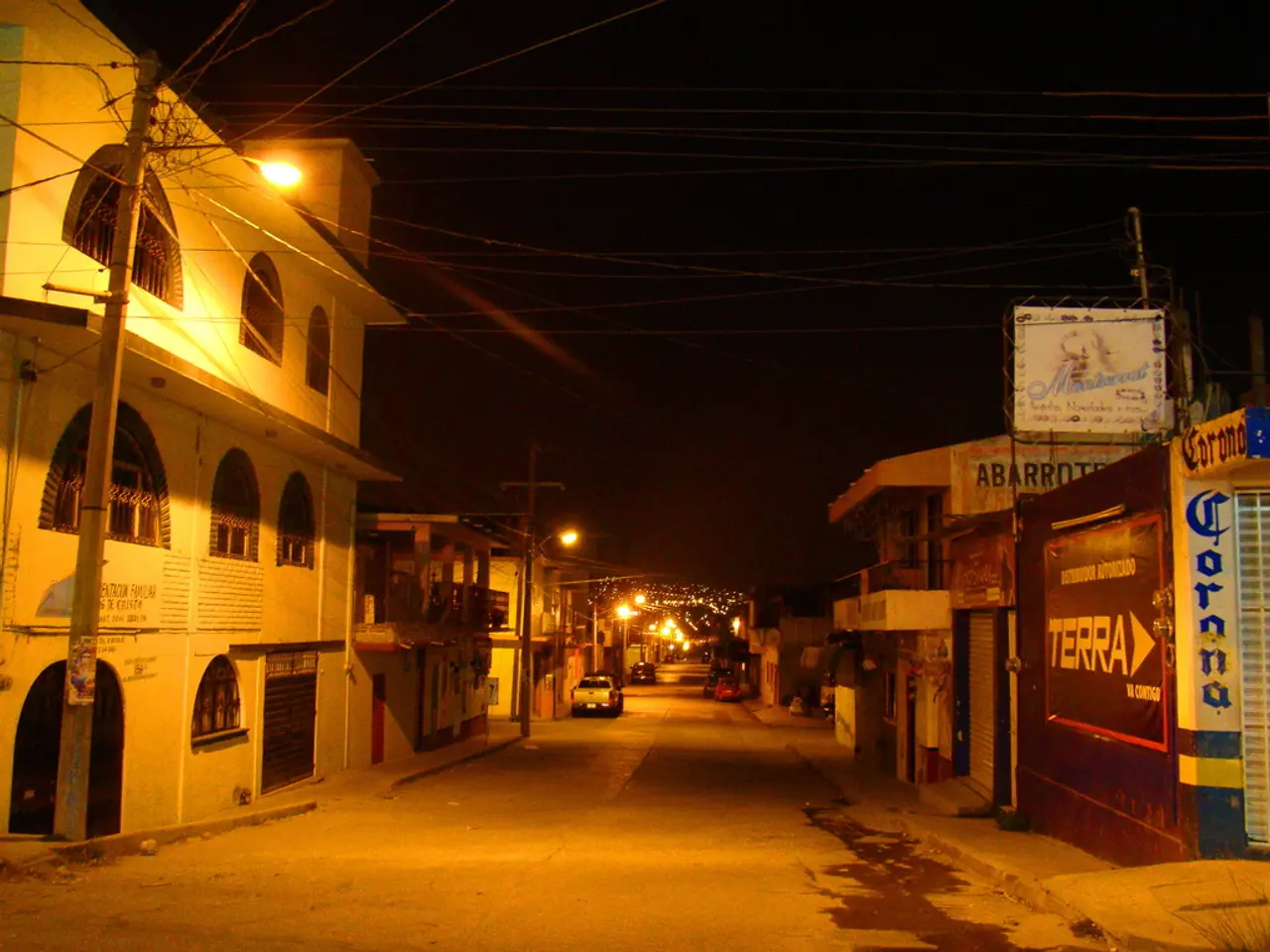Blasting claimed: White House affirms Iran didn't move enriched uranium before U.S. strike
Uranium procurement unsuccessful amidst U.S. assault on Iranian facilities
The war of words rages on regarding the significance of the U.S.'s military attack on Iranian nuclear facilities: Did the U.S. completely crush Iran's nuclear ambitions, or merely disrupt its nuclear program? Trump's spokesperson is aiming to quell concerns about the latter.
The White House has disputed allegations that Iran may have moved its highly enriched uranium before the U.S.'s assaults on its nuclear facilities. Karoline Leavitt, spokesperson for President Donald Trump, communicated to Fox News, "The United States had no indication that this uranium was moved before the attacks." Such reports are "false."
Trump elucidated on Tuesday, via sites like Twitter, that the aftermath of the strikes is "buried under kilometers of rubble because these attacks on Saturday night were successful." B-2 stealth bombers, armed with GBU-57 bunker-busting bombs, were deployed to bombard two Iranian nuclear facilities. A submarine was also used to attack a third facility with Tomahawk cruise missiles. Trump described the attacks as "spectacular military triumphs."
However, U.S. media, citing a preliminary U.S. intelligence report, claimed that the attacks had only sped-up Iran's nuclear program by a few months. The Iranian centrifuges and reserves of enriched uranium are said to still be intact. Only the entrances to some facilities were blocked, with no destruction to underground structures reported.
IAEA's hands are tied
Regardless, President Trump reiterated on Wednesday at the NATO summit in The Hague that the Iranian nuclear facilities had been "fully annihilated." Trump also announced that his defense minister, Pete Hegseth, would address the media today at 8 a.m. local time (2 p.m. CEST) to "defend the honor of our brave American pilots."
To further complicate matters, Trump's intelligence chiefs contradicted reports about Iran's nuclear facilities. CIA Director John Ratcliffe quoted new intelligence from "historically reliable sources" that indicated that "several key Iranian nuclear facilities have been destroyed, and it'll take years to rebuild them."
The head of the International Atomic Energy Agency (IAEA), Rafael Grossi, also addressed the ongoing uncertainties. The IAEA has been unable to inspect Iran's uranium stores since the outbreak of hostilities, Grossi stated on French television. "I don't want to give the impression that it's vanished or hidden," Grossi added, in reference to Iran's enriched uranium.
Truce brokered on Tuesday
According to the UN nuclear watchdog, Iran has approximately 408 kg of enriched uranium at a concentration of 60%. This material, enriched further to 90%, could yield at least nine atomic bombs.
Israel initiated a "preemptive" large-scale attack on Iran on June 13, citing Iran's advanced nuclear and missile programs. Iran responded by bombarding Israel with massive waves of attacks.
The U.S joined in the conflict between Israel and Iran on Sunday night, bombing Iran's Fordo, Natanz, and Isfahan nuclear facilities. Iran subsequently attacked the US airbase Al-Udeid in Qatar on Monday. After 12 days of warfare, a truce between Israel and Iran went into effect on Tuesday.
Reference(s):
- ntv.de
- jog/AFP
- Perspectives on U.S. Intelligence (2022)
Topics:
- USA
- Iranian nuclear program
- Iran
- Donald Trump
- Military operations
The ongoing conflict surrounding the Iranian nuclear program has extended to the realm of employment policies, as the White House and various media outlets debate the effectiveness of the U.S.'s military strikes on Iranian facilities. Amidst this controversy, the community policy regarding the transparency of intelligence information has come under scrutiny.
In the midst of war-and-conflicts, politics and general-news continue to dominate global discussions, with the Trump administration emphasizing the success of the U.S.'s attacks while intelligence reports suggest a more complex picture. As the situation unfolds, it is essential for policymakers to stay informed and make decisions grounded in accurate information.





